Wes Anderson offers in The French Dispatch a nostalgic foray into 1960s France and old-school journalism —inspired by The New Yorker— an excellent combination that allows for infinite recreation as any art director’s best wet dream. The production design by Adam Stockhausen (Oscar winner for The Grand Budapest Hotel) again includes everything from the doll’s house, with its multiple tableaux vivants, to dynamic scenes that flow lightly. The visual richness of Anderson’s latest film, which alternates black and white and colour, makes us want to watch it again and even pause the image to enjoy this immense and meticulous album, which as well as a film could be a perfect coffee table book or, in camp aesthetic jargon, an illustrated almanac.
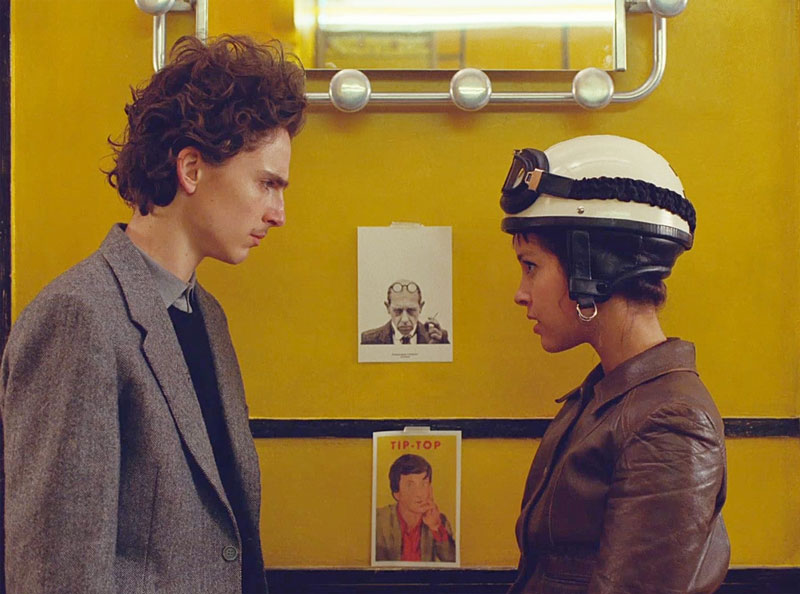
The other key ingredient in the recipe is a cast of regulars and new acquisitions, who with their variety of registers and originality of embodiment take us by the hand through a stylistic dream, in an immersive experience. Owen Wilson, Elisabeth Moss, Benicio del Toro, Timothée Chalamet, Tilda Swinton, Saoirse Ronan, the ubiquitous Léa Seydoux, Frances McDormand, Edward Norton, Willem Dafoe, Christoph Waltz, Adrien Brody, Bill Murray, Fisher Stevens, Liev Schreiber, Jeffrey Wright, Jason Schwartzman, Cécile de France, Bob Balaban, Mathieu Amalric… and Anjelica Huston as narrator, help to unfold this nostalgic sticker album, which, like an inspirational mural, is the final destination of multiple aesthetic, historical and cultural threads. The need to adapt to the Anderson format turns the best actors into puppets, caricatures or flat characters – though fortunately the best ones come out stronger.
All the clichés of French culture are covered in The French Dispatch, from the revolutionary spirit of the salon or the barricade, May ’68, all the cinematic aesthetic references of the 50s and 60s, without forgetting the house of Mon oncle, the gendarmes, haute cuisine, the bourgeois-intellectual families, the artistic cursing, and where even Chalamet is offered to us in the bathtub as Marat… Wes Anderson‘s contribution is, as in previous films, the perspective from which a different culture is observed. From the other side of the ocean, unconventional Americans – as evidenced by the choice of the object of their veneration – travel to exotic India, to legendary Central Europe, to mythical France, with the intentions, the baggage and the gaze that fuses ecstasy, mimesis and difference.
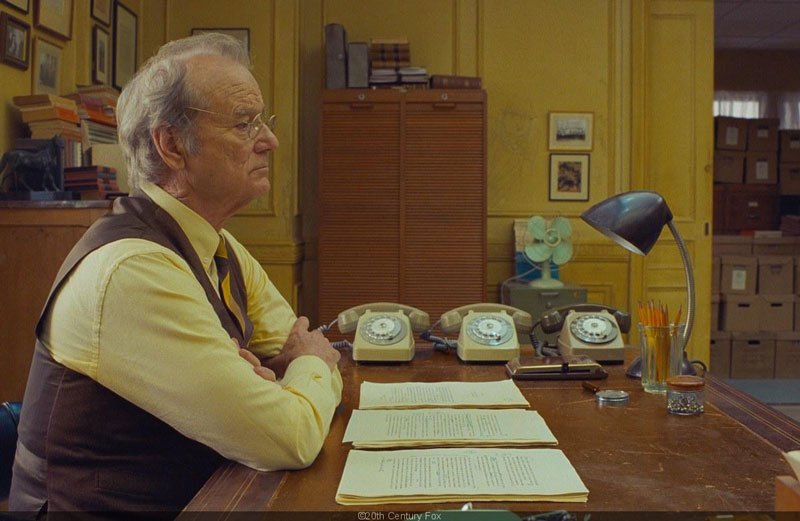
The bridge between two continents, two very different civilisations and two worlds described by clichés is in The French Dispatch a vehicle for communication, information, culture, the weekly supplement of a publication that will disappear with its editor, adding nostalgia to the caducity. For this reason, the format is a triptych that imitates the sections of a magazine, travel, cuisine, art…
In the articles, the protagonism of the authors is evident, for it is precisely the perspective that shapes the object as it is shown to us. Unfortunately, the gaze is so ecstatic that it is reflected in fascination, without penetrating beyond the surface. And this is perfectly consistent with the evolution of Wes Anderson’s distinctive filmography and style, reminiscent of Audrey Hepburn‘s line in Two for the Road, defining sex in marriage: It gets better and better, but it means less and less.


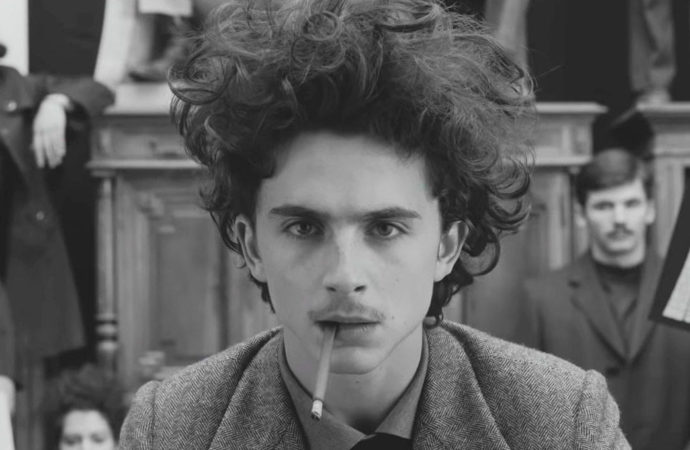

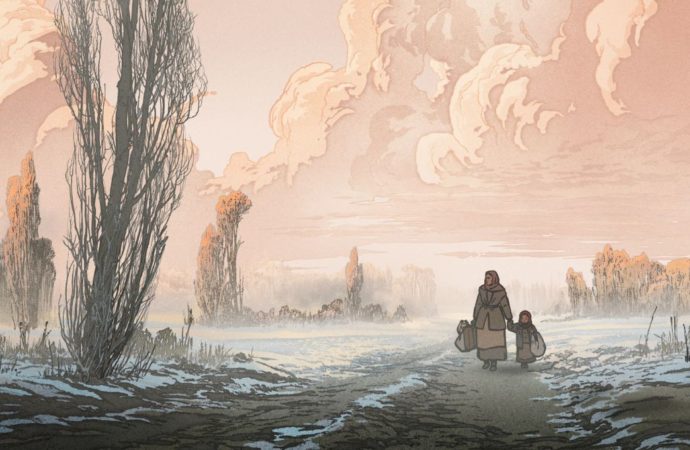
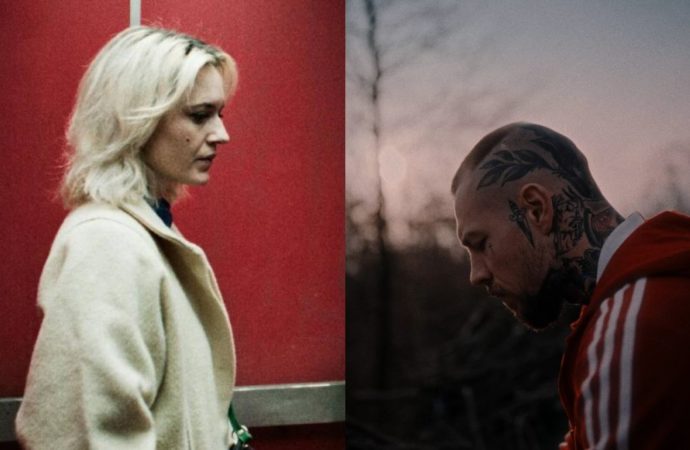
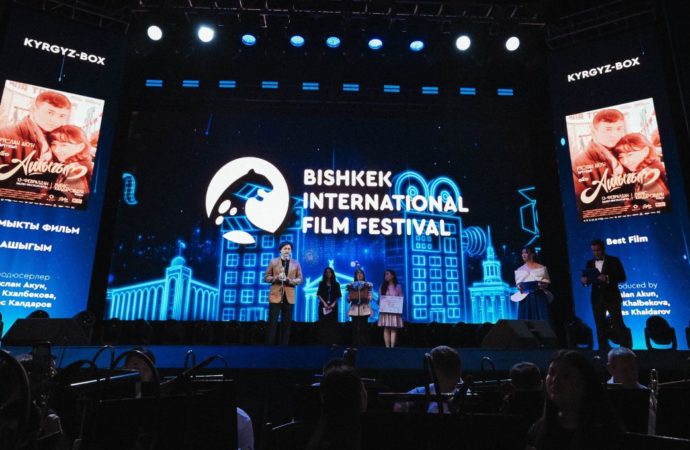
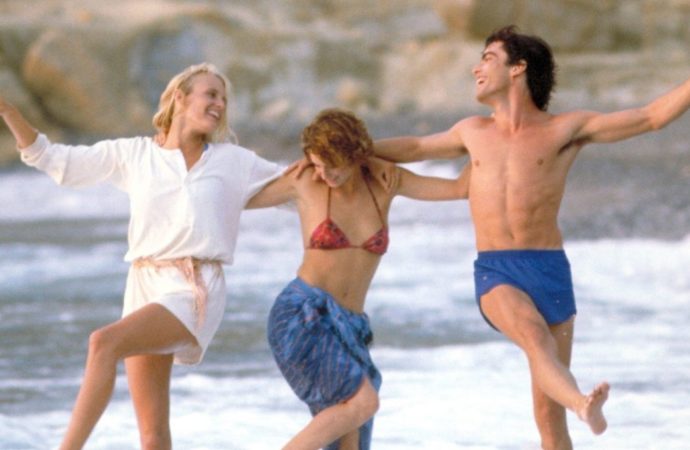
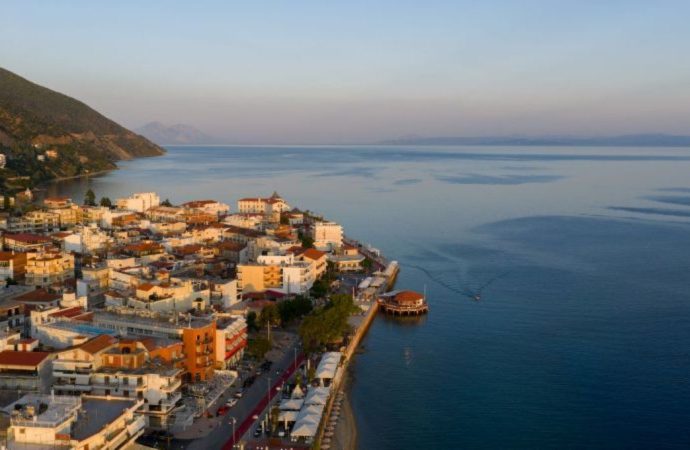
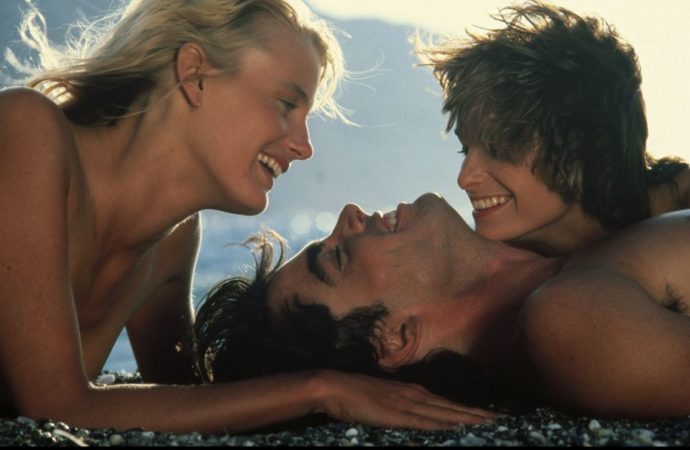
No one has posted any comments yet. Be the first person!